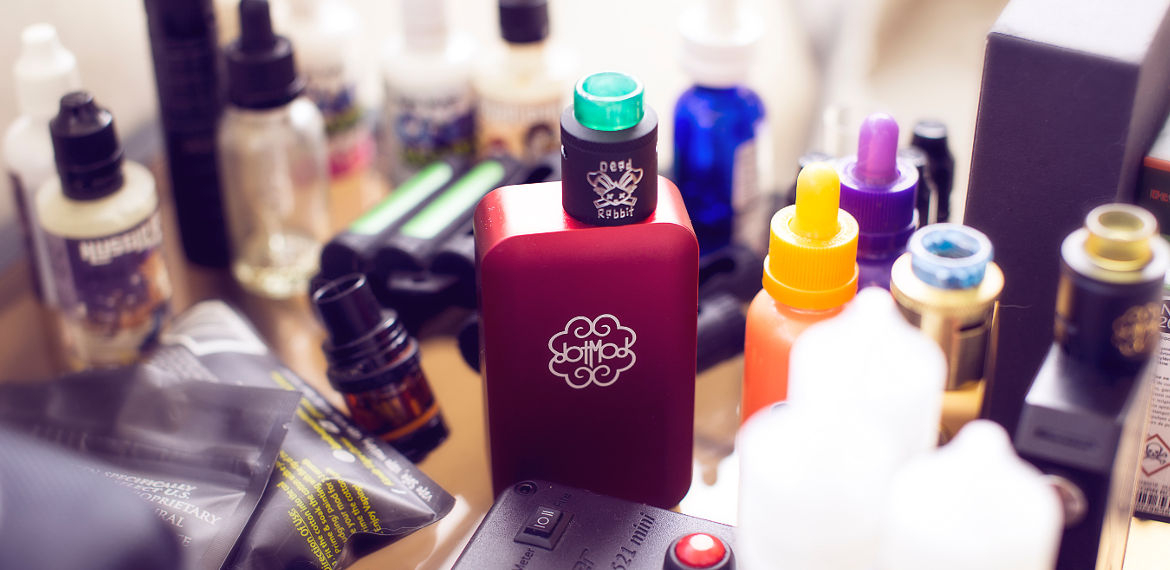
When Nothing is Normal What is a Normal Response?
We all handle change differently—especially when it’s the kind that sneaks up on us or flips our world upside down. When life throws something unexpected our way, our brain goes into detective mode, searching for something familiar to help it make sense of the situation. If it can’t find an exact match, it grabs onto the closest thing it remembers. The catch? That “closest thing” is often tied to a stressful or anxious memory. No wonder sudden changes can stir up a storm of emotions. Knowing that this is just how our brain works can make it easier to be gentle with ourselves while we adjust.
how to cope in uncertain times
During the pandemic, information and rules were changing daily. Sometimes, even more rapidly than that. Lately, many of us have been thrown into a state of heightened stress and alertness. Our automatic crisis response may be activated.
In a crisis state your fight, flight or freeze response kicks into gear because that is what mobilizes us to survive. The intensity, length of time that you stay in that state, and what you do to manage the experience is what you want to pay attention to right now.
Our fight, flight and freeze response looks and functions differently when the threat is invisible and persistent.
what does fight, flight, or freeze mean?
During the pandemic we went into fight mode by making masks to help our nurses and physicians. We went to work because our jobs were deemed essential for others to function despite our desire to stay at home. We reached out to family and friends virtually and through other safe means more frequently in order to show our love and support. We heeded health precautions with vigilance.
We then went into flight mode through random frenzied acts that did not always make a lot of logical sense given the crisis at hand, but nonetheless, made us feel better. These acts allowed us to get rid of the excess energy that we would otherwise use to run away. That, in addition to the endorphins, is why physical activity such as walking, running, dancing, scrubbing floors, cleaning cupboards, organizing closets, or working on repairs and remodeling projects had a calming effect.
We went into freeze mode by withdrawing from activities and/or drawing more into ourselves. The heightened state of arousal which accompanies the stress response is physically more taxing. It is common to experience increased fatigue and exhaustion. Normal tasks that we use to complete without effort took concentration and effort, which lead to feeling as if we were functioning in slow motion.
what's a normal response to the abnormal?
At some point, each and every one of us is going to experience their own version of this response because this is a normal response to a stressful situation. How long we stay in this state will vary. For some people, it will be brief. These individuals will establish a new equilibrium and then move forward. Some people will seem to do well initially, and then experience a delayed crisis response. When and how people experience and respond to crisis has to do with genetics, past experiences, and their present support system.
Now is again a time to be as kind and patient with yourself and those around you. If you or a person you live with are in flight, recognize that for what it is and know that it will pass. Understanding this is also the first step in being able to relax, which is needed to resume your normal level of productivity and balance. If you are in fight mode, recognize that you can also only stay in that mode for a certain amount of time before you will use up your reserves, so do what you can, but also recognize the value of rest and self-preservation. If your body has defaulted to freeze, give yourself grace and recognize that this too should pass. Put more realistic expectations on yourself based on your energy level. But, make a point of adding in activities that you enjoy, that help you feel a sense of completion and self-worth.
7 ways to cope with anxiety during difficult times
Regardless of which crisis response you have defaulted to consider these options to help you cope with your situation:
- Seek out activities and experiences that provide opportunities for laughter.
- Be honest about how you are feeling with others
- Increase your interaction with others
- If you are spinning your wheels with frenzied activities, do a slower activity that is enjoyable
- If you are withdrawing, increase your activity level in a way that makes sense for you.
- Get fresh air: Go outside or open a window.
- Be patient and supportive of yourself and those around you.
One of the awesome things about human nature and society is that we are wired similarly, but with enough variability that our strengths can complement one another. Now is the best time to recognize and appreciate this as a strength. With a little luck, you have a safety net of people you can lean on as needed and these people can also lean on you. Helping others and allowing others to help you is extremely important right now.
If you are experiencing any of the fight, flight, or freeze symptoms to a level that is overwhelming and consuming, and the above suggestions are not helpful, please reach out. Help is available and the sooner you ask for help, the sooner things can get better. Maintaining your mental health is equally as important now as your physical health. In Michigan, you can request an appointment with me here. Or, find a therapist near you in our Lifeologie Counseling directory!

About Dana Pendergrass
Dana Pendergrass, LMSW, received her BS in Psychology and her Master's in Social Work from Michigan State University. She specializes in working with people who are adjusting to a diagnosis of chronic illness, sleep disorders/challenges, or who have severe and intense anxiety. Her goal is to instill hope, help you quiet self-destructive chatter and give you the tools you need to make life better. She sees clients at Lifeologie Counseling Grand Rapids Cascade and Lifeologie Counseling Ada.
Meet Me.png)



